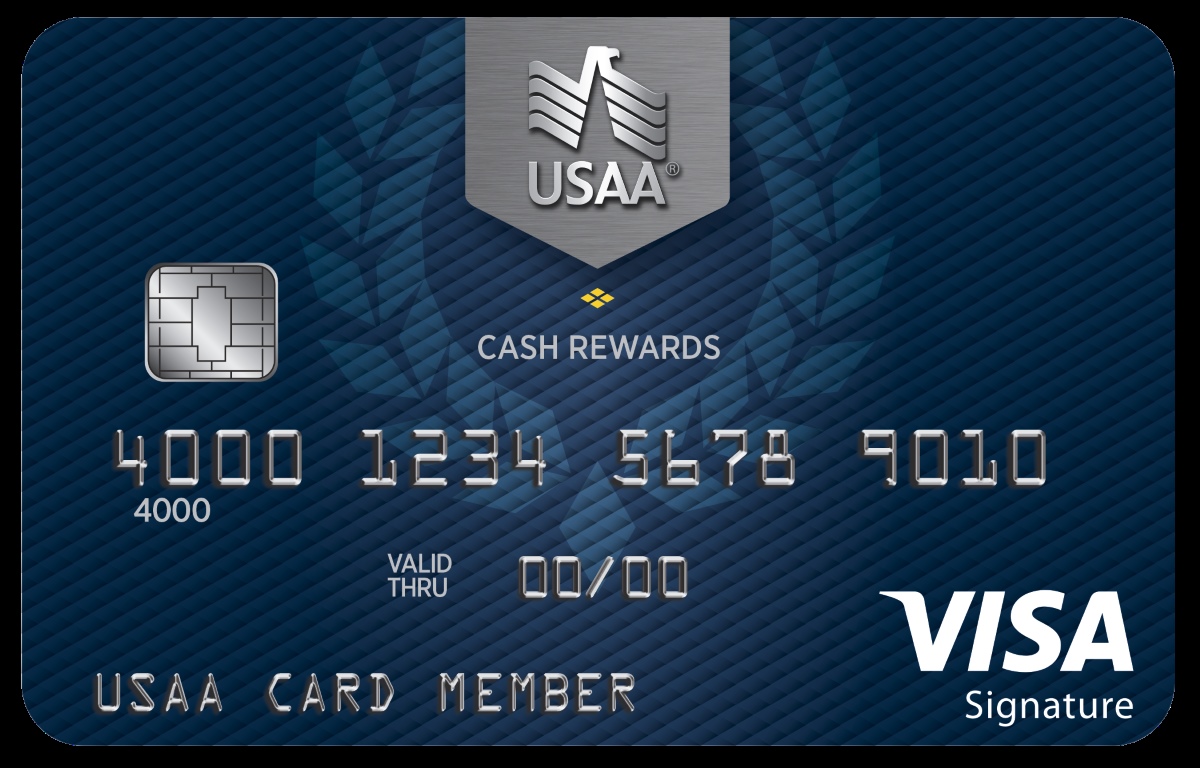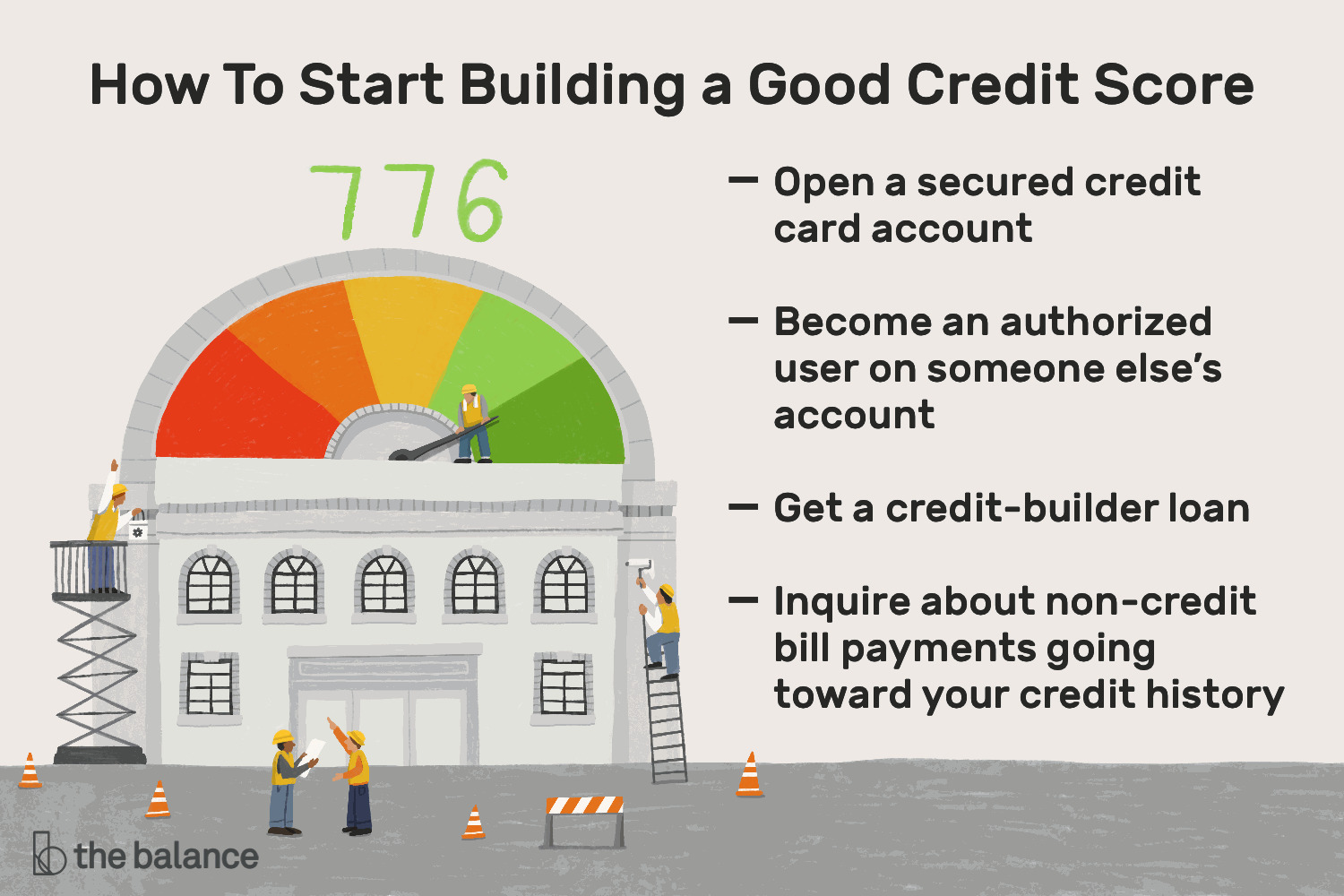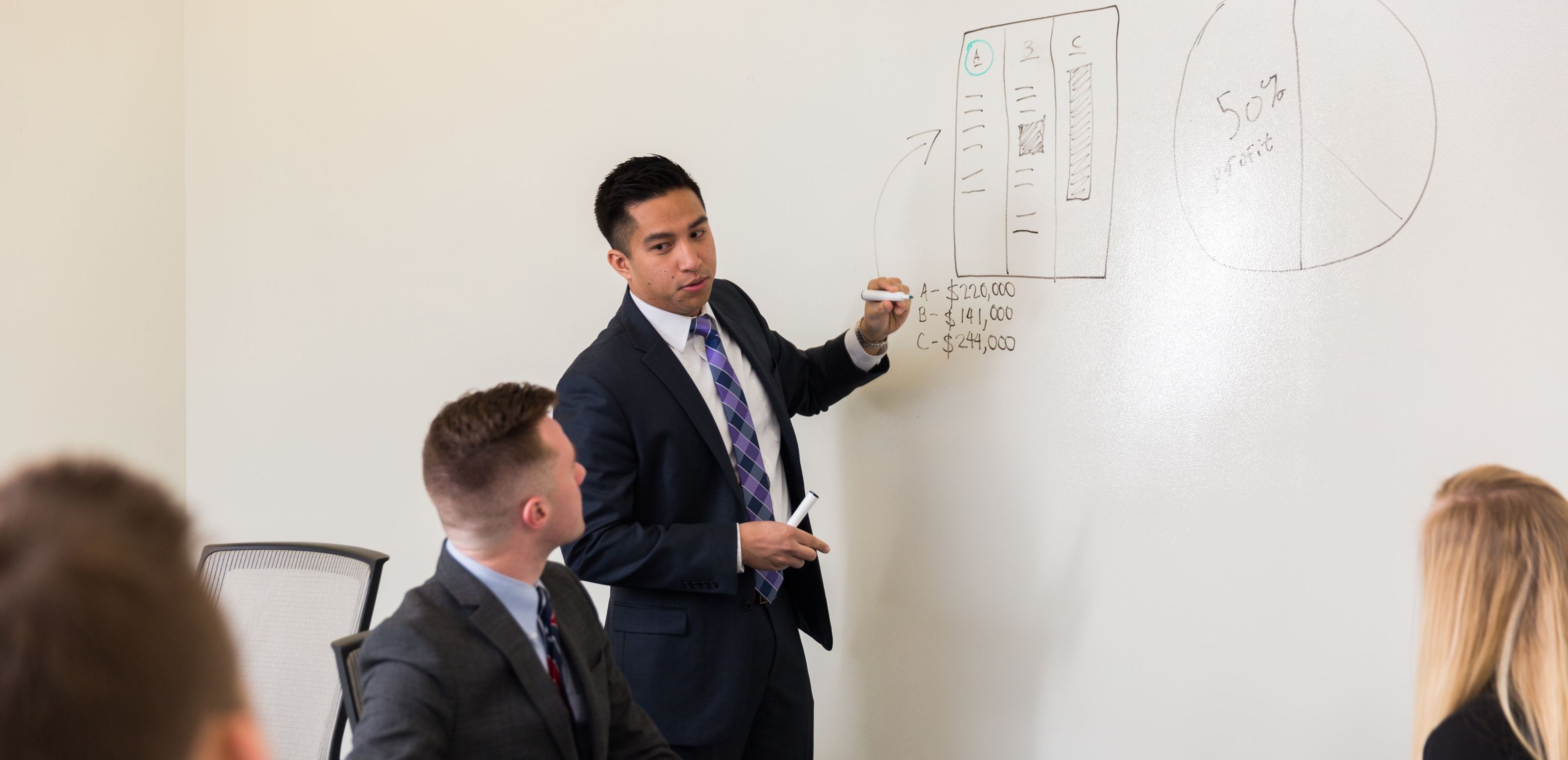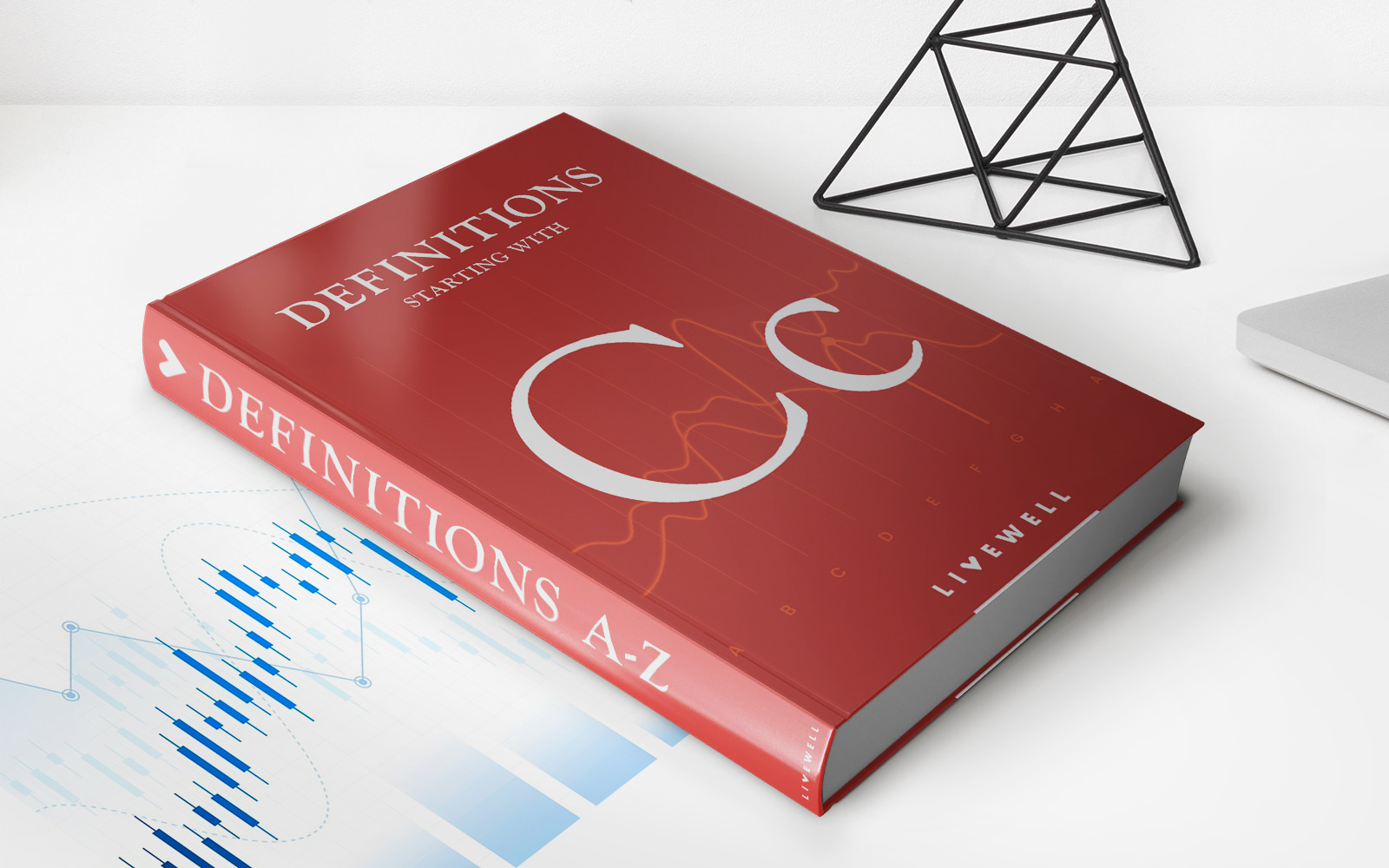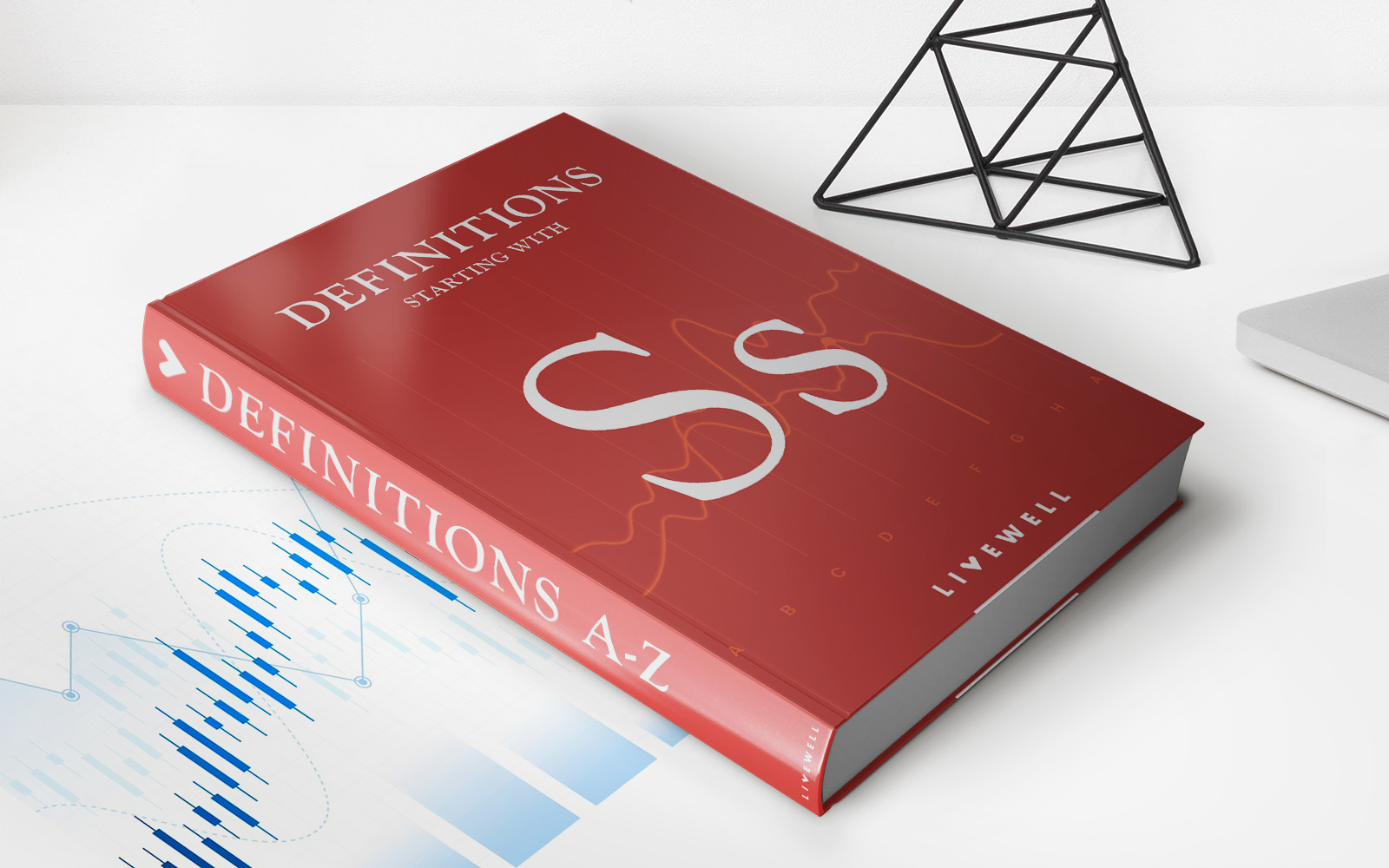Home>Finance>How Long Does It Take To Get An Accounting Degree?


Finance
How Long Does It Take To Get An Accounting Degree?
Modified: December 30, 2023
Find out how long it takes to earn a finance degree in accounting. Explore the timeline and requirements for completing an accounting degree program.
(Many of the links in this article redirect to a specific reviewed product. Your purchase of these products through affiliate links helps to generate commission for LiveWell, at no extra cost. Learn more)
Table of Contents
Introduction
Are you considering pursuing a career in accounting? One of the key factors to consider when embarking on this path is the time it takes to complete an accounting degree. Understanding the duration of the program is crucial for planning your education and career goals.
Accounting degrees provide individuals with a strong foundation in financial principles, taxation, auditing, and other areas related to managing and analyzing financial information. They are highly valued in the business world and open up numerous career opportunities.
In this article, we will explore the factors that affect the duration of an accounting degree and provide insights into the typical timelines for completing both bachelor’s and master’s degrees in accounting.
Whether you’re a recent high school graduate looking to pursue a bachelor’s degree or a working professional aiming to enhance your skills with a master’s degree, understanding the time commitment required for your accounting education is crucial for making informed decisions.
So, let’s dive in and explore the various factors that can impact the length of time it takes to earn an accounting degree.
Factors Affecting the Duration of an Accounting Degree
The time it takes to earn an accounting degree can vary depending on several factors. Here are some key factors that can affect the duration of your accounting education:
- Program Type: The type of accounting program you choose will play a significant role in determining how long it takes to complete your degree. Traditional on-campus programs usually follow a set schedule of courses over a four-year period for a bachelor’s degree and one to two years for a master’s degree. Accelerated programs, on the other hand, offer a faster route to graduation by condensing coursework into a shorter time frame.
- Enrollment Status: Your enrollment status can impact the length of your accounting degree. If you’re a full-time student, you’ll typically complete your courses at a faster pace than part-time students. Full-time students take more courses each semester, allowing them to complete their degree requirements sooner. Part-time students, on the other hand, spread out their coursework over a more extended period to accommodate other commitments.
- Transfer Credits: If you have previous college credits or an associate degree in a related field, you may be able to transfer those credits toward your accounting program. Transferring credits can help shorten the time it takes to complete your degree by exempting you from certain prerequisite or general education courses.
- Course Load: The number of courses you take each semester will impact the timeline for completing your accounting degree. Taking a heavier course load, such as enrolling in more than the recommended number of credits per semester, can help you graduate earlier. However, it’s essential to consider your ability to balance coursework with other responsibilities to avoid overwhelming yourself.
- Internships or Co-op Programs: Some accounting programs include internships or co-op programs as part of the curriculum. While these experiences provide valuable hands-on learning opportunities and enhance your employability, they can add additional time to your degree completion. Internships or co-op programs typically last a semester or more, which extends the overall duration of your accounting education.
- Prerequisite Requirements: If you lack certain prerequisite courses, you may need to complete them before starting your accounting program. These prerequisites can be fulfilled through community college courses or through online programs. Fulfilling prerequisite requirements can add extra time to the overall duration of your accounting degree.
It’s important to consider these factors when planning your accounting education. By understanding how they impact the duration of your degree, you can make informed decisions and create a realistic timeline for completing your accounting education.
Traditional Path vs. Accelerated Programs
When pursuing an accounting degree, you have the option of following the traditional path or opting for an accelerated program. Understanding the differences between these two options can help you determine which path aligns better with your goals and timeline.
Traditional Path: The traditional path for earning an accounting degree typically follows a four-year timeline for a bachelor’s degree. This involves completing a set schedule of courses each semester, along with general education requirements. The traditional path allows for a more balanced workload and may be suitable for students who prefer a steady progression through their education.
Accelerated Programs: Accelerated programs offer a faster route to graduation by condensing the coursework into a shorter timeframe. These programs are designed for students who are driven and can handle a more rigorous course load. Accelerated bachelor’s degree programs in accounting can often be completed in three years, while accelerated master’s degree programs can be completed in as little as one year.
Accelerated programs are beneficial for individuals who want to enter the workforce sooner or those who wish to advance their careers quickly. However, it’s important to note that these programs can be more demanding and require a significant commitment of time and effort.
When considering whether to pursue a traditional or accelerated accounting program, here are some factors to consider:
- Time Commitment: If you’re looking to complete your degree quickly and enter the workforce, an accelerated program may be the right choice. However, if you prefer a more balanced workload and want to have more time for extracurricular activities or part-time work, the traditional path may be a better fit.
- Academic Preparedness: Accelerated programs are often more academically rigorous, requiring students to master course material at a faster pace. If you’re confident in your ability to handle an intense workload and stay motivated, an accelerated program might be a good fit. If you prefer a slower pace with more time for in-depth study and review, a traditional program may be more suitable.
- Career Goals: Consider your long-term career goals when choosing between a traditional and accelerated program. If you’re aiming for higher-level positions or fast-track advancement in the accounting field, an accelerated program can help you gain the credentials and knowledge you need more quickly. However, if you have the flexibility to pursue a more traditional timeline and want to focus on gaining practical experience or specialized knowledge, a traditional program may align better with your goals.
Ultimately, the decision between a traditional path and an accelerated program depends on your individual circumstances and preferences. Consider your time commitments, academic readiness, and long-term career goals to make an informed choice that sets you up for success in your accounting career.
Bachelor’s Degree in Accounting Timeline
Obtaining a bachelor’s degree in accounting typically follows a four-year timeline for full-time students. However, the actual duration can vary depending on various factors such as course availability, program structure, and individual circumstances. Here’s a general timeline for completing a bachelor’s degree in accounting:
First Year: During the first year of your accounting program, you will usually focus on completing general education requirements, such as mathematics, English composition, and introductory undergraduate business courses. These courses will lay the foundation for your accounting studies and ensure you have a well-rounded education.
Second Year: In your second year, you will delve deeper into accounting-specific coursework. You will likely take introductory accounting courses, economics, business law, and statistics. These courses will provide you with a solid understanding of accounting principles, financial analysis, and business concepts.
Third Year: The third year of your accounting program will involve more advanced accounting coursework. You will study topics such as intermediate accounting, auditing, taxation, and cost accounting. Additionally, you may have the opportunity to take elective courses to specialize in areas of interest, such as forensic accounting or international accounting.
Fourth Year: In your final year, you will focus on integrating your accounting knowledge and skills through challenging coursework. Advanced accounting topics, like advanced financial accounting and accounting information systems, may be covered. You may also have the opportunity to participate in capstone projects or internships that provide real-world accounting experience.
It’s important to note that while the timeline mentioned above is typical for a traditional four-year program, individual circumstances may influence the duration of your bachelor’s degree. Factors such as transferring credits, taking courses during summer or winter sessions, or pursuing a part-time schedule may extend or shorten your completion time.
Additionally, some universities offer co-operative education programs, where students alternate between periods of academic study and work experience in accounting firms or businesses. These programs typically take five years to complete, as they provide valuable hands-on experience while integrating classroom learning.
Having a solid understanding of the timeline for completing a bachelor’s degree in accounting can help you plan your course selections, manage your workload, and stay on track towards graduation. It’s important to consult with academic advisors or program coordinators to ensure that you’re meeting all the necessary requirements and making progress towards your degree.
Master’s Degree in Accounting Timeline
If you’re considering pursuing a master’s degree in accounting, it’s important to understand the typical timeline involved. Master’s programs in accounting typically vary in length, ranging from one to two years. Here’s a general timeline for completing a master’s degree in accounting:
First Year: In the first year of your master’s program, you will typically focus on core accounting courses that build upon the foundational knowledge gained during your undergraduate studies. These courses may include advanced financial accounting, advanced auditing, advanced taxation, and advanced managerial accounting. You will also have the opportunity to gain a deeper understanding of accounting research and analysis.
Second Year (optional): Some master’s programs offer the option to extend your studies for a second year, allowing you to specialize in a specific area of accounting or pursue additional coursework. This second year may be necessary if you’re seeking to fulfill the 150-credit-hour requirement to become a Certified Public Accountant (CPA) in certain jurisdictions.
Elective Courses: Throughout your master’s program, you will have the opportunity to choose elective courses that align with your specific interests and career goals. These courses can provide a more in-depth exploration of specialized areas such as forensic accounting, international accounting, or corporate finance.
Internship or Practical Experience: Many master’s programs in accounting incorporate an internship or practical experience component. This allows students to gain hands-on experience in a professional accounting setting and apply their knowledge and skills to real-world scenarios. Internships can range from a few weeks to several months depending on the program and can provide valuable networking opportunities and increased job prospects upon graduation.
It’s important to note that the length of your master’s program may also depend on whether you’re pursuing it on a full-time or part-time basis. Full-time students generally complete their master’s degree in one to two years, while part-time students may take longer to finish their studies, depending on the number of courses they take each semester and their personal commitments.
Additionally, some master’s programs in accounting offer options for students with non-accounting backgrounds to complete prerequisite courses before beginning the core accounting curriculum. Completing these prerequisite courses may add additional time to your overall master’s degree timeline.
As you plan your master’s degree in accounting, it’s essential to consider any additional requirements for professional certifications, such as the CPA exam. In many jurisdictions, including the United States, candidates must fulfill a specific number of credit hours, typically 150, to be eligible to sit for the CPA exam. Including the necessary coursework to meet these requirements may extend your timeline.
Consulting with academic advisors and program coordinators will help you map out a personalized timeline for completing your master’s degree in accounting, taking into consideration your specific program requirements, career goals, and any additional certifications you may be pursuing.
Conclusion
Obtaining an accounting degree is a significant investment of time and effort, but it can lead to a rewarding and lucrative career in the field of finance. Understanding the factors that affect the duration of an accounting degree and the timelines for completing both bachelor’s and master’s degrees can help you plan your educational journey more effectively.
In evaluating the factors that impact the duration of an accounting degree, you should consider program type, enrollment status, transfer credits, course load, internships or co-op programs, and prerequisite requirements. These factors can vary from person to person, but having an understanding of them will enable you to make informed decisions about the timeline of your accounting education.
In weighing the traditional path versus accelerated programs, consider your time commitment, academic preparedness, and long-term career goals. The traditional path allows for a more balanced workload, while accelerated programs offer a faster route to graduation. Assess your individual circumstances and preferences to choose the path that aligns best with your needs and aspirations.
For a bachelor’s degree in accounting, the typical timeline spans four years for full-time students, with coursework gradually progressing from general education requirements to more advanced accounting studies. Additional factors such as transfer credits, co-op programs, and part-time study can influence the duration of your bachelor’s degree.
Master’s degree programs in accounting typically range from one to two years, focusing on advanced coursework and specialized areas within the field. Factors such as elective courses, internships, and the option to fulfill CPA requirements can impact the length of your master’s program.
In conclusion, it’s important to plan your accounting education with a clear understanding of the factors that affect its duration. By considering program options, personal circumstances, and long-term career goals, you can create a realistic timeline that allows you to make the most of your accounting education and embark on a successful career in the finance industry.


